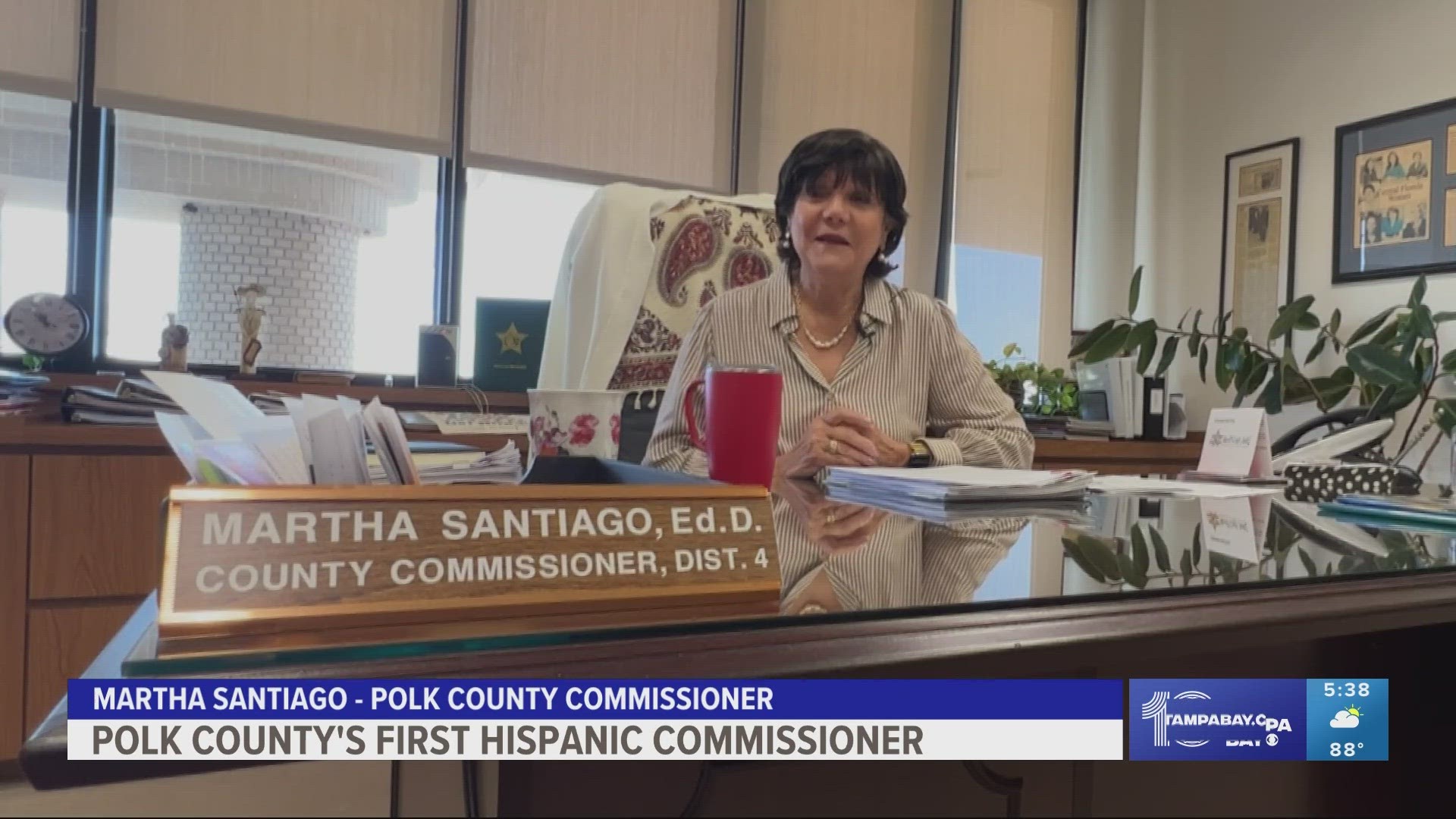For many people, the idea of a long-term health condition can bring up a lot of questions, a bit of worry, and, you know, a real desire to understand what's happening. One such condition, often just called MS, involves the body's own defense system mistakenly targeting the protective layers around its nerves. This can lead to a whole range of effects, making it harder for messages to travel through the body as they should, which is that central issue we are talking about.
This process, where the body's defenses act against themselves, might cause things like a strange feeling, a bit like pins and needles, or a sense of not being able to feel things properly. It could also make muscles feel less strong, making daily activities a little more challenging, or even change how someone sees the world around them. These are just some of the ways this condition might show itself, and, actually, it's pretty varied from person to person.
While there isn't a simple fix for MS right now, there's a lot of good news about how people manage it and live full lives. There are, you know, ways to help reduce those times when symptoms get worse, and also to help slow down how the condition progresses over time. Getting the right kind of support, perhaps from a group of health professionals who really know a lot about MS, can make a truly big difference for anyone facing this, in a way.
- Mens Hosiery Fashion
- Aberdeen Street Social
- Jennifer Marino Walters
- Charli Damelio Onlyfans Leaks
- The Barns At Big Mountain Ranch
Table of Contents
- What is MS Really About?
- How Does MS Affect the Body and MS Santiago?
- Why Is a Specialized Center Helpful for MS Santiago?
- Are There Ways to Manage MS Santiago Today?
- What Factors Might Influence MS Santiago?
- Looking Ahead with MS Santiago
- Getting the Right Care for MS Santiago
- Understanding the Basics of MS Santiago
What is MS Really About?
Multiple Sclerosis, often just shortened to MS, is a condition that affects the brain and spinal cord, which are the main parts of the body's communication system. What happens is that the body's own defense system, which is supposed to protect us from outside invaders, sort of gets confused. It starts to attack the protective covering around nerve fibers, a bit like the insulation around an electrical wire, you know. When this covering gets damaged, the messages that travel along these nerves can slow down, get mixed up, or even stop completely, which is that core issue we are talking about.
This attack on the nerve's protective layer can lead to a whole collection of different physical experiences. Someone might feel a loss of sensation in a limb, or a limb might feel unusually heavy or difficult to move. It's almost as if the body isn't quite listening to the commands from the brain as it should. The specific experiences a person has can vary a lot, and they can also change over time, so that's something to keep in mind, too.
The term "multiple" in Multiple Sclerosis refers to the many areas of the brain and spinal cord that can be affected, and "sclerosis" points to the hardened tissue, or scars, that form where the protective covering has been damaged. These areas of damage are what cause the various changes a person might notice. It’s a condition that really emphasizes the unique way each person's body works, and how different it can be for everyone, in a way.
How Does MS Affect the Body and MS Santiago?
When we talk about how MS shows up, it's pretty varied, as I was saying. For some, it might start with a feeling of numbness or tingling in an arm or a leg, sort of like that pins and needles sensation that just doesn't go away. For others, it could be a feeling of weakness, where, say, walking feels a lot harder than it used to, or things you normally lift feel much heavier. These kinds of physical changes can make everyday tasks a bit more challenging, you know, for someone living with MS Santiago.
Vision changes are another common way MS can make itself known. This might mean blurry vision, or even seeing double, or perhaps a temporary loss of sight in one eye. These changes happen because the nerves that send information from the eyes to the brain are also part of that protective covering system that gets affected. It's a bit like a camera lens not focusing quite right, so that's something to consider, too.
Beyond these, there are many other ways MS can affect a person. Things like feeling very tired, having problems with balance, or even issues with memory or thinking clearly can also be part of the picture. The exact combination of these experiences is unique to each individual, which is why understanding MS Santiago means looking at the whole person and their specific situation, as a matter of fact.
Why Is a Specialized Center Helpful for MS Santiago?
When someone is dealing with a condition like MS, getting support from a place that really specializes in it can make a big difference. A comprehensive MS center is, basically, set up to offer a full range of care, all under one roof. This means you're not just seeing one doctor, but a whole team of people who truly understand the ins and outs of multiple sclerosis, which is really helpful, you know.
These centers typically include doctors who have a lot of experience with MS, often neurologists who focus specifically on this condition. But it's not just about the doctors. A good center also brings in other professionals who can help with different aspects of living with MS. This might mean physical therapists who help with movement, occupational therapists who assist with daily tasks, or even counselors who provide emotional support. It's a team approach, so that's important.
The idea is to provide care that looks at the whole person, not just the physical symptoms. This kind of coordinated care can make it easier to get all the different kinds of support someone might need, without having to navigate a bunch of separate appointments. For someone like MS Santiago, having access to such a dedicated team can offer a great deal of comfort and practical help, as a matter of fact.
Are There Ways to Manage MS Santiago Today?
It's important to know that even though there isn't a cure for MS at this moment, there are many ways to manage the condition and help people live well. The goal of these approaches is usually twofold: first, to help reduce the number of times symptoms might flare up, often called relapses; and second, to try and slow down the overall progression of the condition over time. These are, you know, really significant goals for anyone living with MS Santiago.
The specific ways of managing MS can vary quite a bit, because what works best really depends on the individual and the particular kind of MS they have. Some approaches involve taking certain medicines that work with the immune system to help calm down its activity. These medicines are chosen carefully, based on a person's unique situation and how their condition is behaving, so that's a key point.
Beyond medicines, there are also other important parts of managing MS. This includes things like managing symptoms as they come up, perhaps with specific therapies for fatigue or muscle stiffness. Lifestyle choices, like regular physical activity and eating well, also play a part. It's a comprehensive approach, basically, that aims to support a person's overall well-being, which is really what it's all about, you know.
What Factors Might Influence MS Santiago?
When we think about who might develop MS, or how it might behave in someone, there are certain things that seem to play a role. For example, some studies have suggested a link between body weight and the likelihood of developing MS. It appears that people who carry extra weight might have a higher chance of developing the condition, which is a rather interesting piece of information, you know.
Furthermore, for those who already have MS and also carry extra weight, the condition can sometimes behave a bit differently. It's been observed that in people with a higher body mass, the disease might be more active. This means they could experience more frequent symptom flare-ups or a faster progression of the condition. So, this connection between weight and MS is something that researchers are looking at very closely, as a matter of fact.
This doesn't mean that weight is the only factor, or even the main cause, but it's one piece of the puzzle that helps us understand the condition better. It highlights how different aspects of a person's health and lifestyle can potentially influence MS. For someone like MS Santiago, understanding these potential influences can be part of a broader conversation about managing their health and supporting their well-being, in a way.
Looking Ahead with MS Santiago
The world of medical science is always moving forward, and this is certainly true for MS. There are many dedicated researchers who are working hard to learn more about the condition, with the goal of finding better ways to diagnose it and, eventually, even better ways to help people live with it. This ongoing work is really important for the future of care for MS Santiago and everyone else, too, as a matter of fact.
Some of these efforts are focused on trying to pinpoint the exact reasons why MS develops in the first place. If we can understand the causes more clearly, it might open up new avenues for preventing the condition or stopping it very early on. This involves looking at many different things, from a person's genetic makeup to environmental factors that might play a role, you know.
Other research is all about developing new and improved ways to help people once they have MS. This includes looking for new medicines that might be more effective at slowing down the condition or managing symptoms, and also finding better ways to deliver existing treatments. It's a continuous process of discovery, with the aim of making life better for those living with MS, which is a really hopeful prospect, in a way.
Getting the Right Care for MS Santiago
When it comes to getting help for MS, finding a team of experts who really understand the condition can make a big difference. For instance, there are places, like the Mayo Clinic, where a large number of adults and children with MS receive comprehensive care each year. This kind of experience means the care providers have seen many different situations and know a lot about how MS can affect people, which is pretty valuable, you know.
These kinds of programs are set up to offer a complete package of support. This isn't just about seeing a doctor; it often includes access to a variety of specialists and services that address the different aspects of living with MS. It's about having a coordinated approach to care, where different professionals work together to support the person's health and daily life, so that's a key element.
The emphasis is on providing care that is tailored to each individual's needs, because MS affects everyone a little differently. This might involve regular check-ups, discussions about treatment options, and guidance on managing specific symptoms. For someone like MS Santiago, knowing that there are places offering this kind of thorough and experienced care can be a real source of reassurance, as a matter of fact.
Understanding the Basics of MS Santiago
For anyone who wants to learn more about MS, getting a good grasp of the basics is a great starting point. There are often resources available, sometimes from places with a lot of experience, that can help explain what MS is, in simple terms. These explanations usually cover the main things you'd want to know, like what symptoms to look out for and what causes the condition, you know.
Learning about prevention, diagnosis, and treatment options is also a really important part of this basic understanding. While preventing MS isn't something we fully know how to do yet, understanding what factors might increase risk can be helpful. And knowing how MS is typically identified, and what kinds of support are available once it's diagnosed, provides a clearer picture of the path forward. This information can be really empowering for MS Santiago and their loved ones, too.
Having access to clear, straightforward information helps people feel more in control and better prepared to make decisions about their health. It helps to demystify the condition, making it less overwhelming. So, taking the time to understand these fundamental aspects of MS is a really valuable step for anyone who wants to be informed and proactive about their health, basically.
- 120 Prince St
- Mode Nightclub Miami
- Om Grown Yoga Bryan Tx
- Sirvan Khosravi Los Angeles
- Poder Clothing


